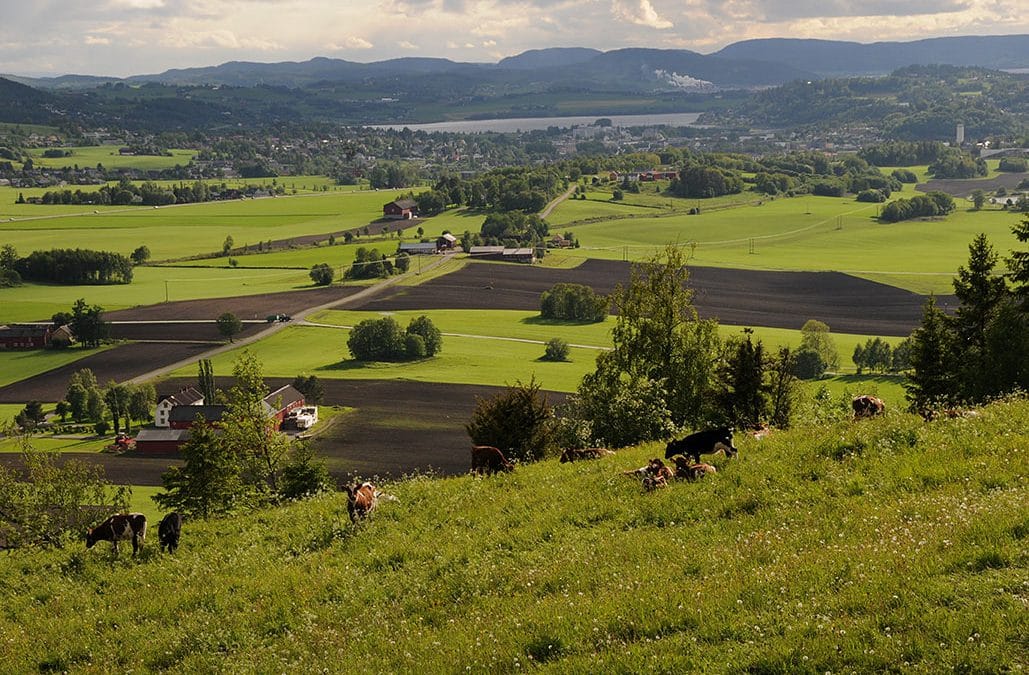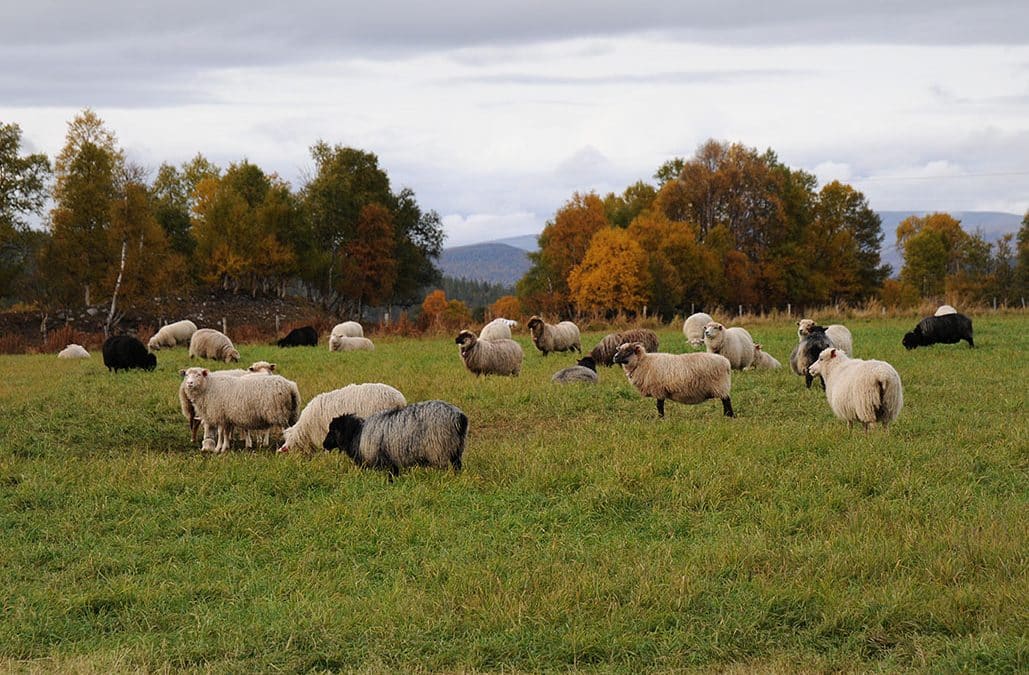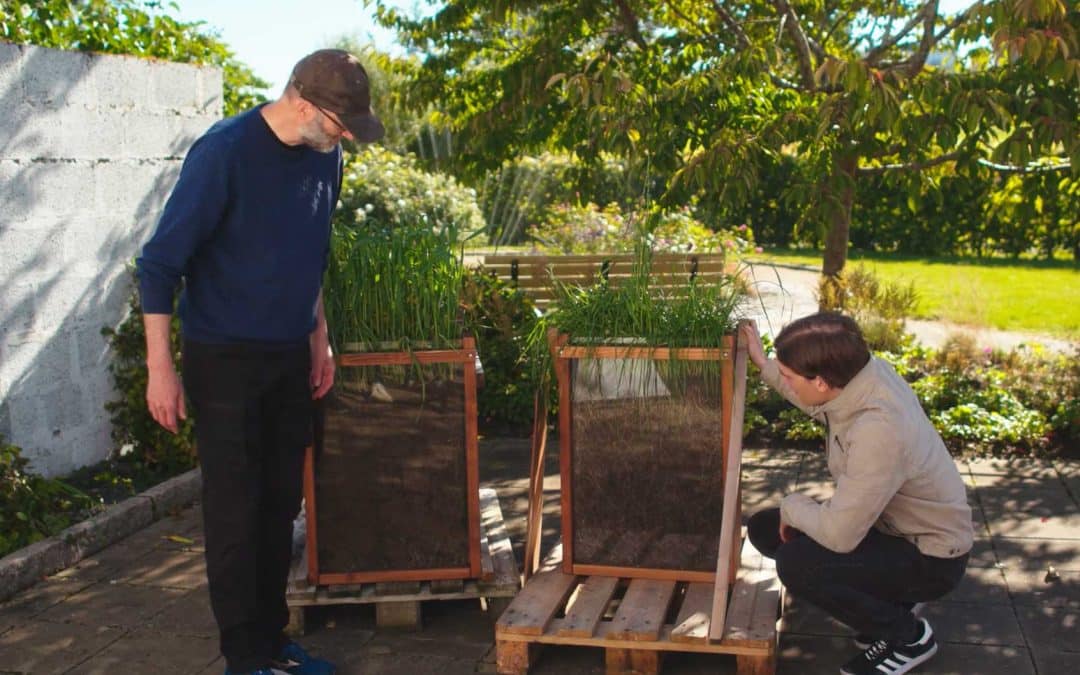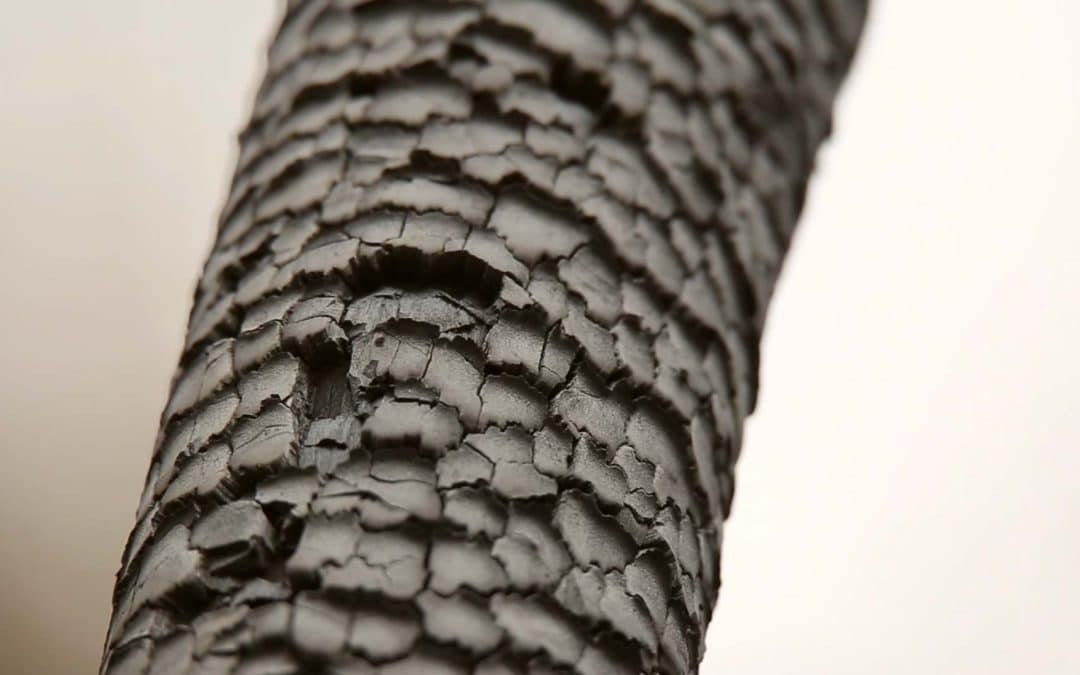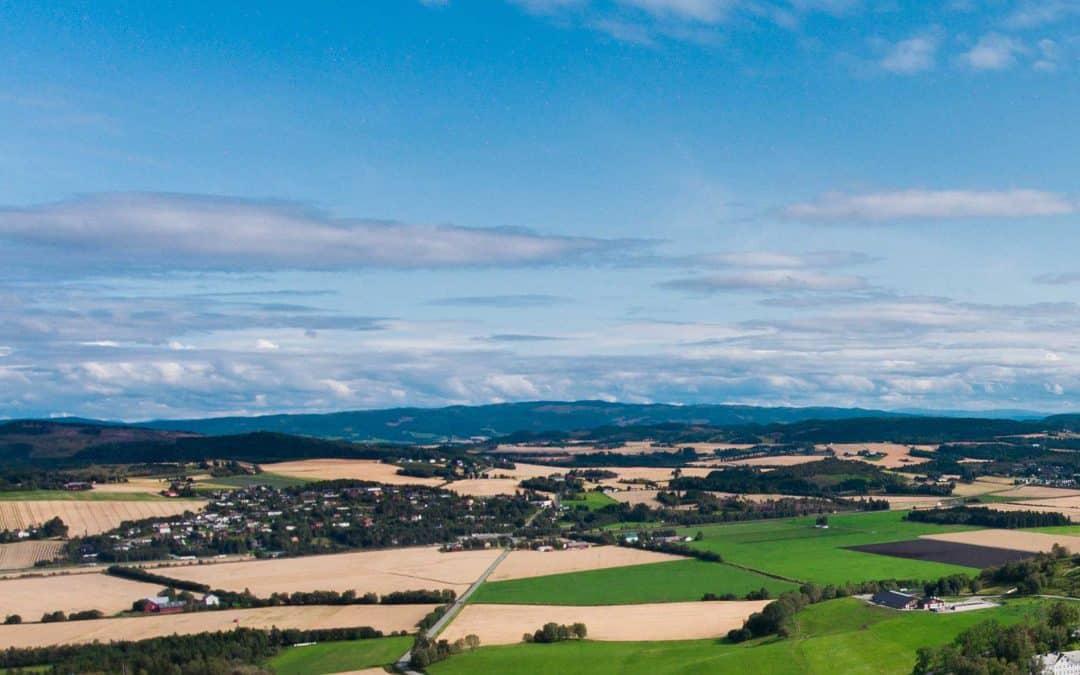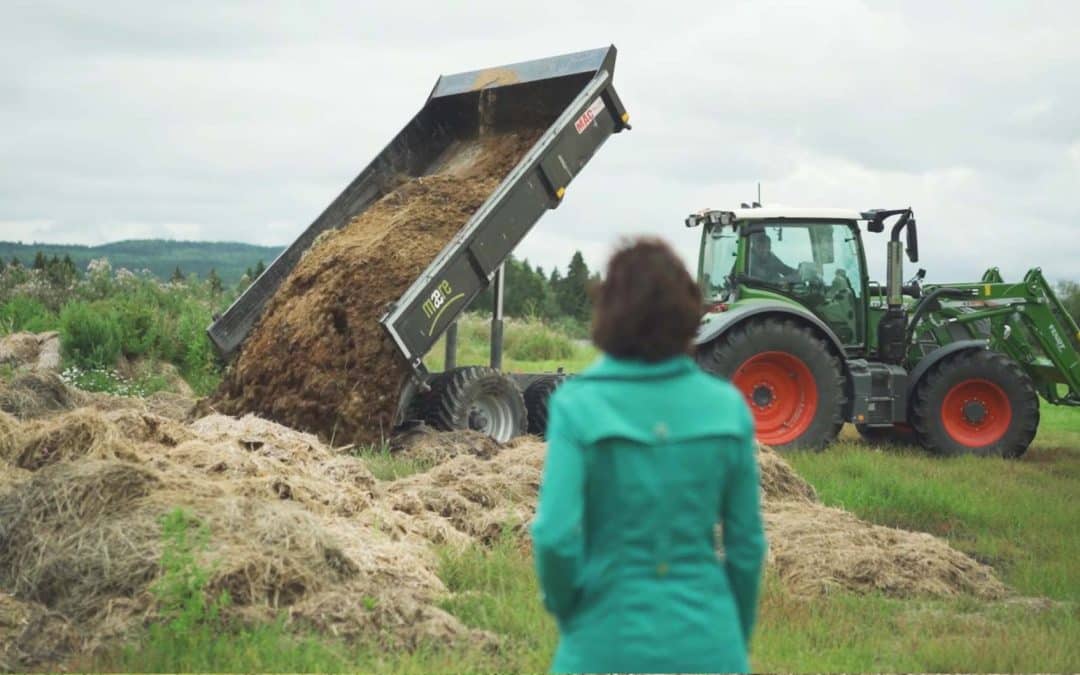
by Ingrid Gauslaa Hårstad | Mar 24, 2023 | Carbon storage
In order to counteract climate and environmental threats, agriculture must rethink the world over. Regenerative agriculture is an important measure in this respect. It is a method of giving new life to the soil. Farmers in Australia, the USA, Africa and many other countries have adopted methods where...

by Tove Hatling Jystad | Mar 24, 2023 | Author bio, Domestic animals, Carbon storage
Studies from other countries indicate that grazing leads to increased storage of carbon in pasture. This applies particularly to natural pastures. The pastures must not be plowed and they must be managed without the use of artificial fertilizers and pesticides. Over time, this will lead to great biodiversity...

by Patrick Sjoberg | Mar 24, 2023 | Author bio, Carbon storage
One of the missions of the Swedish Center for Climate and Energy is to contribute to increased knowledge about the storage of carbon in soil. Together with the other agricultural schools in Trøndelag, we have established the "Carbon Project in Trøndelag". Background Through photosynthesis, plants form...

by Tove Hatling Jystad | Mar 24, 2023 | Biochar, Author bio, Carbon storage
The seminar on biocoal that was held at Mære on 7 March 2022 focused on opportunities for business development related to biocoal. TLab and Proneo have carried out a survey and a feasibility study related to biochar and business opportunities. Biochar has...

by Tove Hatling Jystad | Mar 24, 2023 | Domestic animals, Carbon storage, Methane reduction
On behalf of Mære agricultural school, NIBIO has prepared a report on which measures may be relevant to implement to reduce emissions of greenhouse gases from the farm operations at Mære agricultural school. The report is part of the project "Nullspällingsgården Mære". Data from...

by Tove Hatling Jystad | Mar 24, 2023 | Biogas, Biochar, Carbon storage, Composting
How can we handle old silos, tallow and horse dung, grass residues, animal manure and tomato residues from the greenhouse in the most sustainable way possible? In RESTORE, we look at how we can utilize biochar, biogas, compost as technologies for a more sustainable handling....